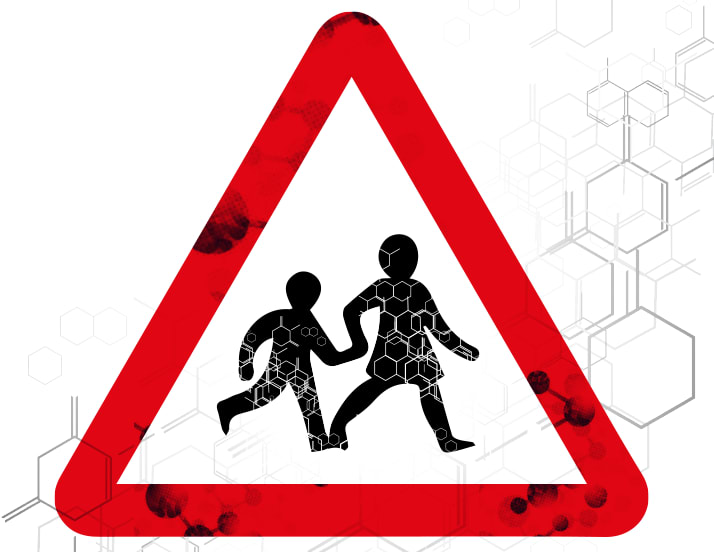In 2018, the UK’s government appointed its first Minister for Loneliness. The role: to tackle loneliness (defined as an affective state reflecting the subjective experience of feeling alone or lonely) and social isolation (a measurable lack of social relationships) in Britain. Though the role may be new to the British government, the problem isn’t. Crossing generational divides both loneliness and social isolation permeate throughout society, affecting people regardless of race, gender or social class. Importantly, loneliness and social isolation have been associated with negative impacts on health outcomes – and both are becoming increasingly prevalent among older adults. In the US, one-third of adults over the age of 60 are estimated to feel lonely and a quarter of over 65s live alone. Despite often being categorized as a social problem, the health implications caused by loneliness are significant. And as populations grow older, health-related issues associated with loneliness and social isolation are becoming more pertinent for healthcare services. It is estimated that by 2050, there will be 2.1 billion people aged 60 or over worldwide, representing 21.3 percent of the global population (1).
Though the terms are often used interchangeably, loneliness and social isolation are two uniquely distinct concepts that are based on individual experience. It is possible to be socially isolated and not have feelings of loneliness, and vice versa. Research has shown that many older adults who live in group settings (care homes) report loneliness.
Whether in conjunction with social isolation or not, self-perceived loneliness is detrimental to both physical and mental health. Many older adults who report feelings of loneliness also express feelings depression, lethargy and poor mental health. The sedentary lifestyle adopted by many lonely and/or isolated older adults is linked to poor physical health outcomes, including obesity, heart disease, diabetes, stroke, and even dementia and Alzheimer’s disease.
The lack of sound research and evidence-based studies on the interventions that help to reduce loneliness among older adults is concerning. For those of us engaged in public health and gerontology, it is essential to do more to fill the information gaps that hinder geriatric patient care.
There isn’t a drug in the world that can cure loneliness. Its treatment requires multifaceted interventions that consider both the older adult and their context. The pharma industry can support older patients who struggle with polypharmacy – and tackle adverse drug events that may exacerbate isolation and loneliness among this at-risk population.
Aging, loneliness and disease are all interconnected. A more holistic approach to prescribing and managing medications can be developed to better match the needs of the patients most likely to take them – especially when they may be all alone. This has potential to extend and save lives.

References
- ONS, “Living longer: how our population is changing and why it matters”. Available at https://bit.ly/2OxKFVc. Last Accessed January 15, 2019. Age UK, “Loneliness”. Available at https://bit.ly/2zWCHO4. Last accessed on January 15, 2019.




